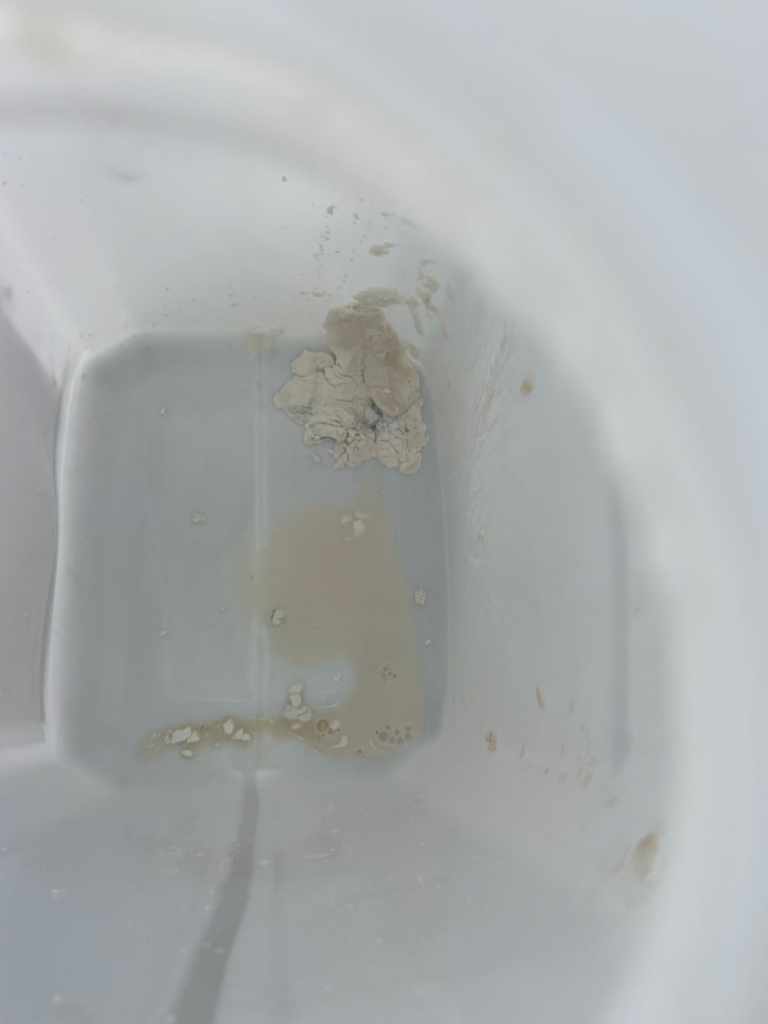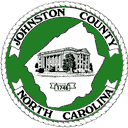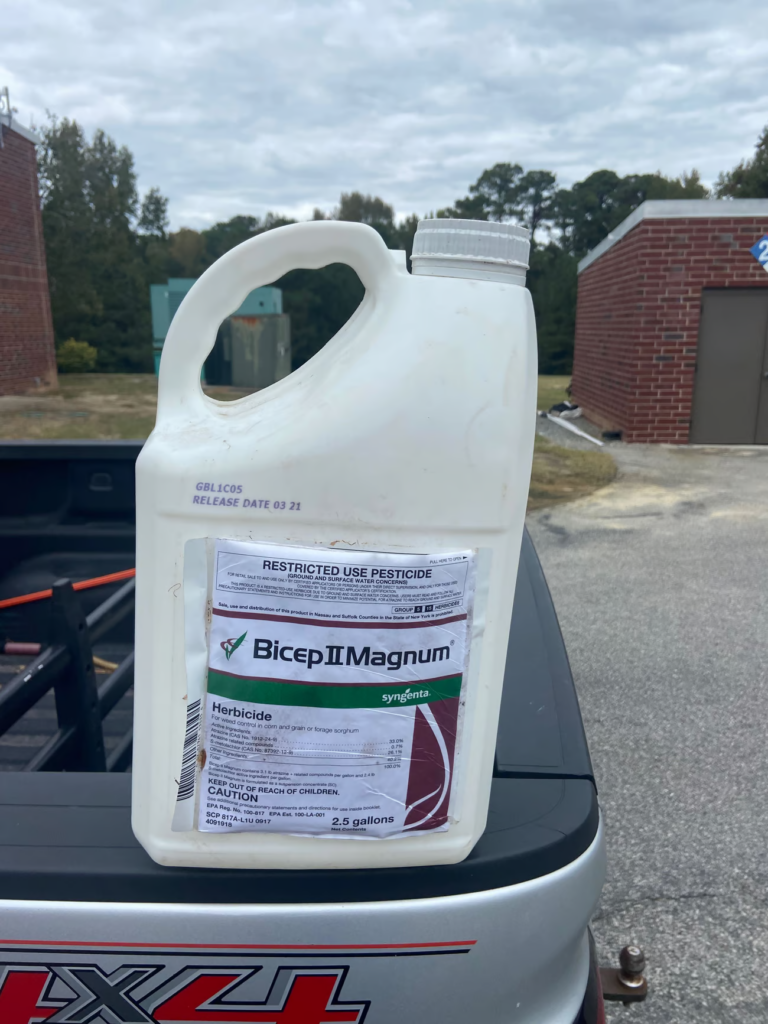Plastic Pesticide Container Recycling Program
go.ncsu.edu/readext?967076
en Español / em Português
El inglés es el idioma de control de esta página. En la medida en que haya algún conflicto entre la traducción al inglés y la traducción, el inglés prevalece.
Al hacer clic en el enlace de traducción se activa un servicio de traducción gratuito para convertir la página al español. Al igual que con cualquier traducción por Internet, la conversión no es sensible al contexto y puede que no traduzca el texto en su significado original. NC State Extension no garantiza la exactitud del texto traducido. Por favor, tenga en cuenta que algunas aplicaciones y/o servicios pueden no funcionar como se espera cuando se traducen.
Português
Inglês é o idioma de controle desta página. Na medida que haja algum conflito entre o texto original em Inglês e a tradução, o Inglês prevalece.
Ao clicar no link de tradução, um serviço gratuito de tradução será ativado para converter a página para o Português. Como em qualquer tradução pela internet, a conversão não é sensivel ao contexto e pode não ocorrer a tradução para o significado orginal. O serviço de Extensão da Carolina do Norte (NC State Extension) não garante a exatidão do texto traduzido. Por favor, observe que algumas funções ou serviços podem não funcionar como esperado após a tradução.
English
English is the controlling language of this page. To the extent there is any conflict between the English text and the translation, English controls.
Clicking on the translation link activates a free translation service to convert the page to Spanish. As with any Internet translation, the conversion is not context-sensitive and may not translate the text to its original meaning. NC State Extension does not guarantee the accuracy of the translated text. Please note that some applications and/or services may not function as expected when translated.
Collapse ▲Johnston County agriculture producers create a surplus of empty plastic pesticide containers and no options for correct disposal. If these containers are disposed of improperly, the agriculture producer could face substantial fines and also cause environmental contamination.
Over the past 14 years, N.C. Cooperative Extension, Johnston County Center has secured funding through NCDA&CS to assist in the plastic pesticide container recycling program, including $12,360 in 2023. These grants are used to purchase roll-off containers, rinse nozzles, and various safety items to support the program. The roll-off containers are placed at recycling sites so agriculture producers can safely dispose of empty plastic pesticide containers. This program was promoted through pesticide recertification classes, letters, radio, emails, and face-to-face. Each year, Cooperative Extension trains participants on what is acceptable for recycling.
Data was collected by USag recycling and distributed by the NCDA&CS to the participating counties. From July 1, 2022, through June 30, 2023, 14,613 pounds of plastic pesticide containers were ground in Johnston County and recycled by USag recycling. According to the Solid Waste Department, landfill space is estimated at a dollar/cubic foot, saving taxpayers in Johnston County over $30,000 in landfill airspace by participating in the pesticide recycling program. Participating in this program adds value to our county by reducing environmental hazards and slowing the landfill’s need to expand.
With that said, I am thankful for the growers who use the program. In this past grinding, we had very few container rejects. This is a picture of a rejected container. We can see the label and the lid, which needs to be removed, and we remove most of them as we grind. However, the picture below was the main reason for the rejection.

As you can see, the material was not completely rinsed out of the jug. I understand atrazine is hard to clean, but they cannot take a jug with chemical residues. Please make sure containers are triple rinsed before you recycled them.





